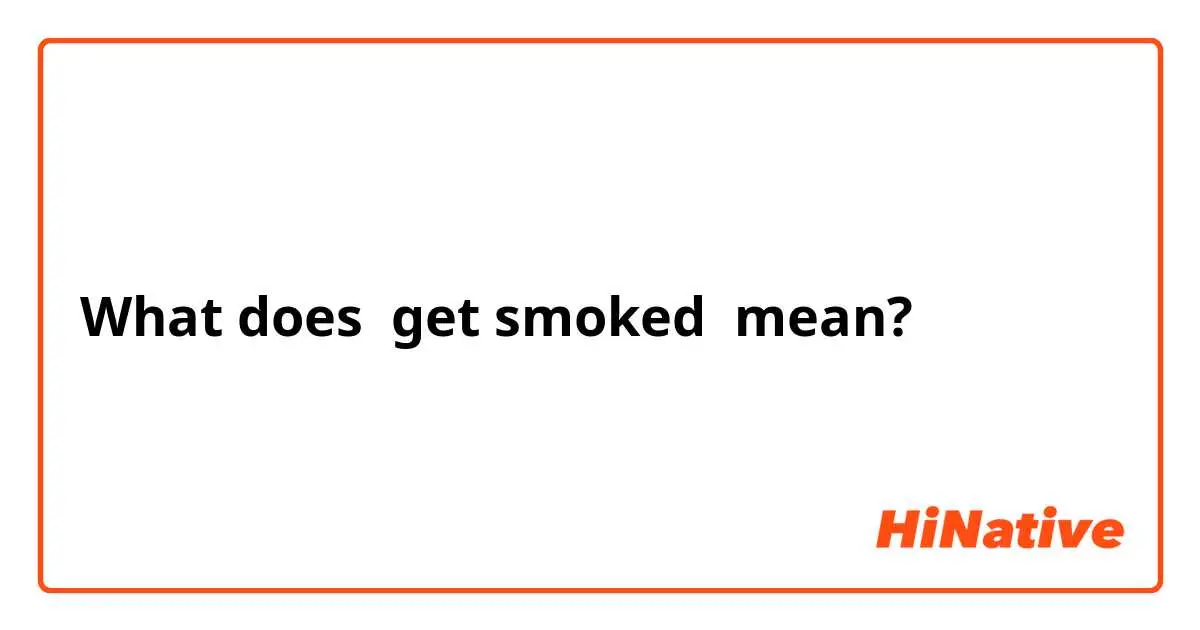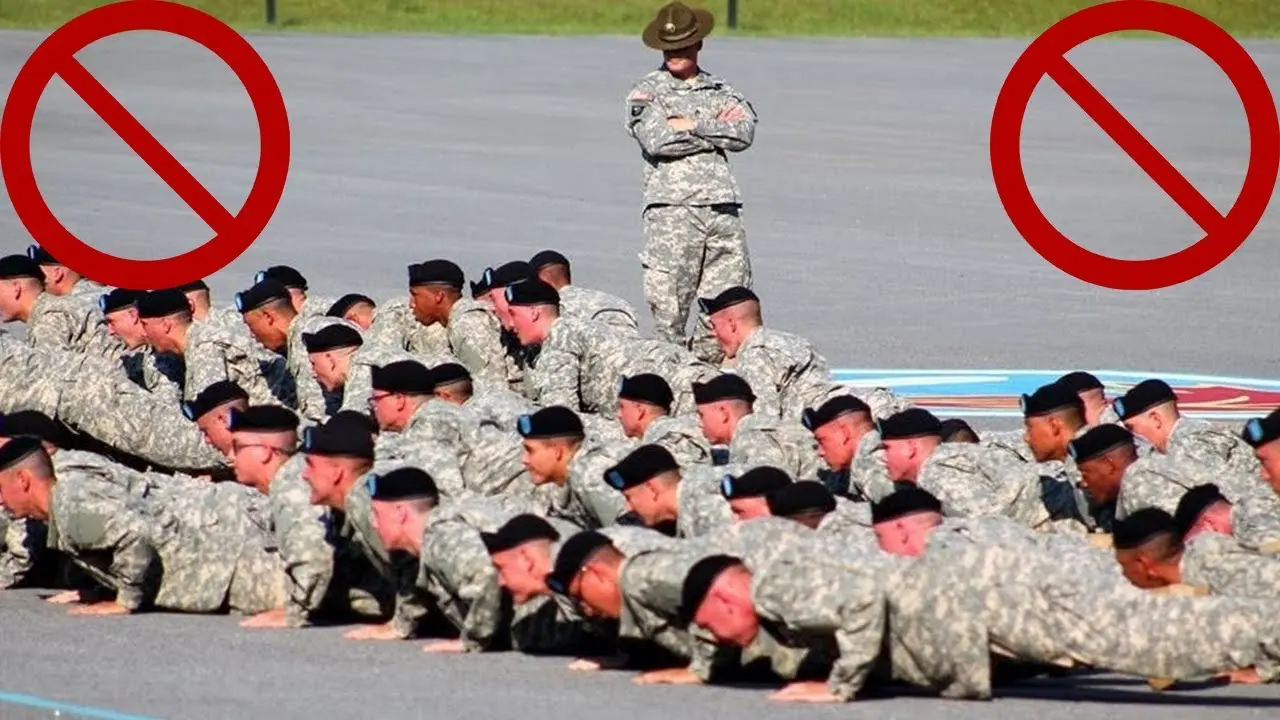When it comes to military jargon and slang, there are many phrases and expressions that may not be immediately clear to those outside of the armed forces. One such phrase is getting smoked. In this article, we will explore the meaning of getting smoked in a military context and how it is used.
What Does getting smoked Mean in the Military?
In the military, the phrase getting smoked is commonly used to describe a situation where someone is subjected to intense physical exertion or punishment as a form of discipline or training. It often involves rigorous physical exercises or drills that push individuals to their limits.
This term can be used in various military settings, such as during basic training or in more advanced training programs. The purpose of getting smoked is to build resilience, endurance, and mental toughness in military personnel. It is a way to test and strengthen their physical and mental capabilities, preparing them for the challenges they may face in combat or other demanding situations.
Example Usage:
Soldier A: i messed up during training today, and my drill sergeant made me do push-ups until i couldn't feel my arms anymore.
Soldier B: sounds like you really got smoked.
What Does being smoked out Mean?
Another variation of the phrase is being smoked out. This expression is often used in the military to describe a situation where individuals or groups are forced out of their hiding place or position by the use of smoke grenades or other smoke-producing devices.
Smoke grenades are commonly used in military operations to provide concealment, obscure visibility, or disorient the enemy. When someone is smoked out, it means they have been forced to abandon their cover or position due to the deployment of smoke grenades.

Example Usage:
Soldier A: we were hiding in the bushes, but then the enemy threw smoke grenades, and we had to retreat.
Soldier B: yeah, we got completely smoked out.
What Does you smoked him Mean?
The phrase you smoked him is used to convey that someone has defeated or outperformed another person in a specific task or competition. It is often used in a competitive or combative context to indicate superiority or success.

This expression can be applied to various scenarios, including military engagements, sports competitions, or even everyday situations where one person has clearly outmatched or surpassed another.
Example Usage:
Soldier A: i challenged my comrade to a shooting competition, and i hit all the targets before he did.

Soldier B: wow, you really smoked him!
Frequently Asked Questions
- Q: Is getting smoked a common phrase in the military?
- A: Yes, getting smoked is a commonly used phrase in military circles to describe intense physical training or punishment.
- Q: Are smoke grenades used frequently in combat situations?
- A: Smoke grenades are commonly used in military operations to provide cover, concealment, and disorientation to the enemy.
- Q: Can you smoked him be used in non-competitive situations?
- A: While the phrase is often used in competitive contexts, it can also be used figuratively in non-competitive scenarios to indicate one person's superiority over another.
In conclusion, getting smoked is a military term that refers to subjecting individuals to intense physical training or punishment. being smoked out describes being forced out of a hiding place due to the deployment of smoke grenades. you smoked him signifies one person's victory or superiority over another. Understanding these phrases helps to grasp the unique language and experiences within the military.
If you want to know other articles similar to Understanding the meaning of getting smoked in the military you can visit the Military category.


Related Articles